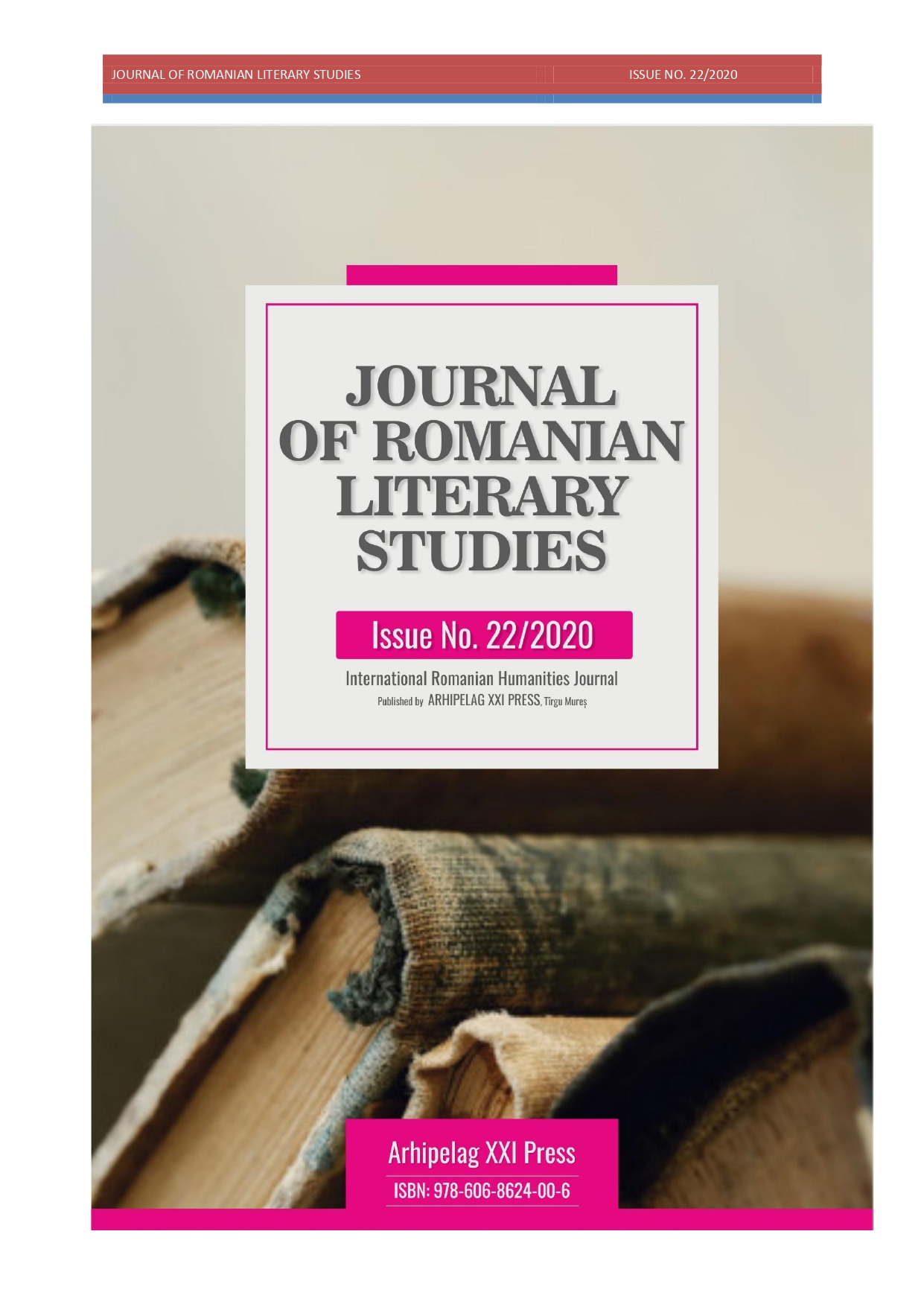LOVE AND EXISTENTIALISM IN MIST BY MIGUEL DE UNAMUNO
LOVE AND EXISTENTIALISM IN MIST BY MIGUEL DE UNAMUNO
Author(s): Andreea Daniela ȚacuSubject(s): Studies of Literature, Novel, Philology, Theory of Literature
Published by: Editura Arhipelag XXI
Keywords: Unamuno; Niebla; love; existentialism; reflexivity; ambiguity; metafiction;
Summary/Abstract: Miguel de Unamuno’s novel “Niebla” (“Mist”) is without doubt one of his most outstanding literary works, which problematises the idea that love, life and death are, in fact, nothing more than mere social constructions. The novel displays a broad reflexive feature, reinforced by the use of metafictional devices. One of the unique characteristics of Unamuno’s literature is the fact that the novelist does not seem to try to convince the readers of something, but rather to create awareness, to make them think and meditate on the fundamental issues of life. We believe that through ambiguity, when the ideas are expressed more reluctantly, readers tend to reach broader conclusions than if the narrator had explicitly presented them. Furthermore, by means of metafiction and the ambiguous meaning of the text, an atmosphere of complicity is created between the author, the characters and the reader. The present paper is intended to analyse the way in which Unamuno approaches the topics of love and existentialism in the novel, through metafictional devices, as well as the way in which the reflexive nature of the text allows the narrator to extrapolate information in an implicit way, and to broaden the ambiguous and philosophical meaning of the text.
Journal: Journal of Romanian Literary Studies
- Issue Year: 2020
- Issue No: 22
- Page Range: 619-624
- Page Count: 6
- Language: Spanish

